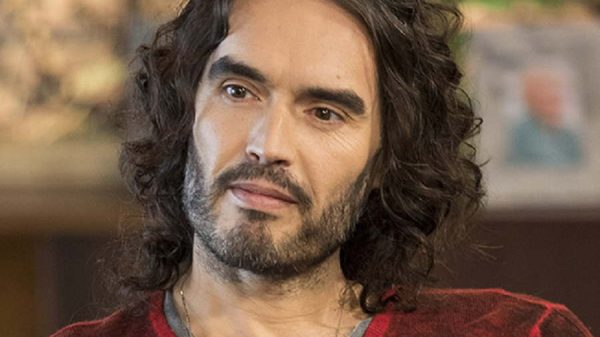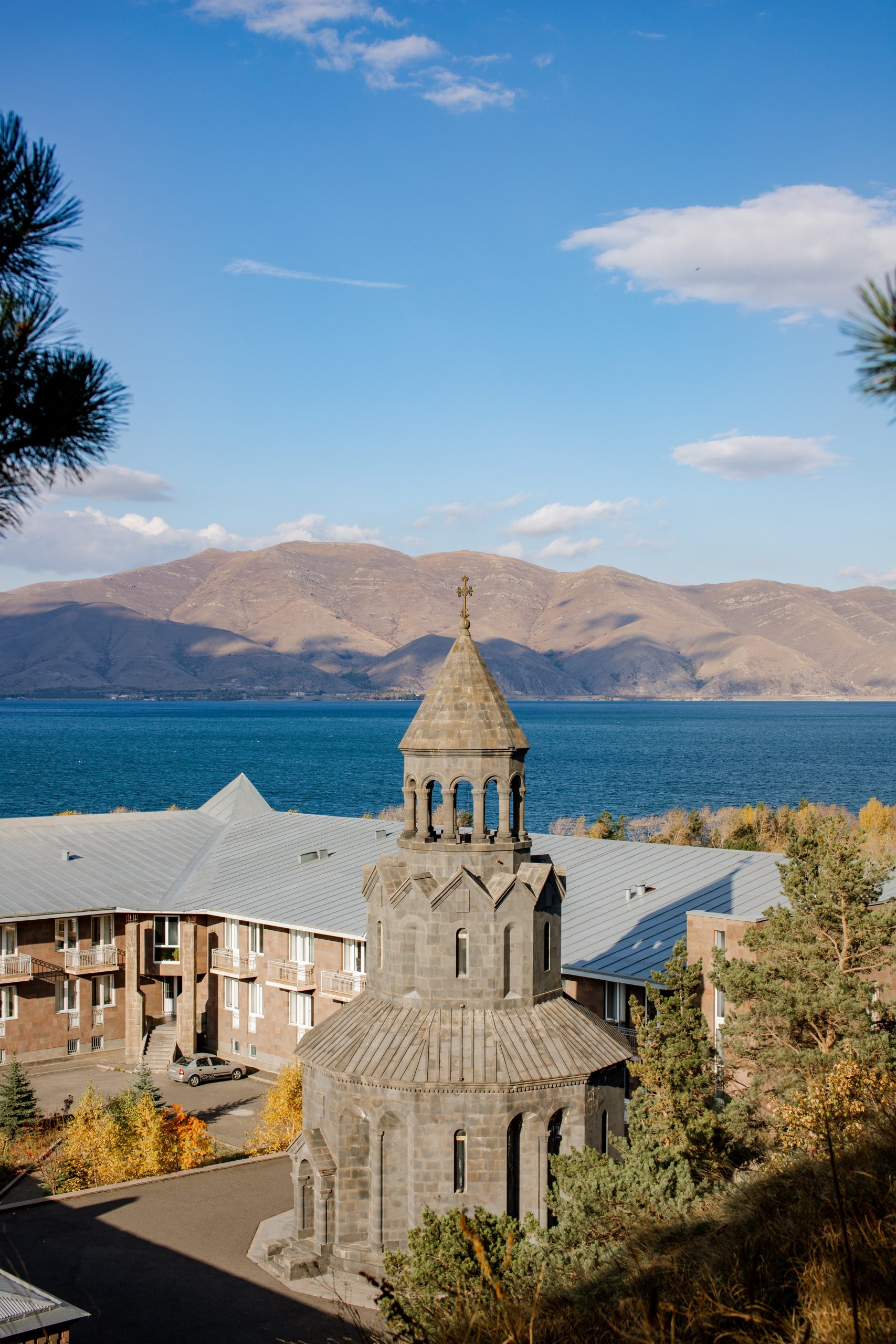On 9th February the OSCE Permanent Council was supposed to discuss and condemn a deadly armed attack against the Embassy of the Republic of Azerbaijan in Iran, which happened on 27th January. The debate did not occur when it was scheduled on 2nd February. Ukrainian sources in the OSCE claim, the joint condemnation by the OSCE of Iran was blocked by the Armenian delegation, for the reason that they needed to consult with their government.
On 2nd February 52 representatives of the countries in the OSCE out of 57 condemned the attack and called for a swift investigation. But any joint OSCE condemnation must be unanimous, and so the resolution was blocked a second time by the Armenian representatives.
It is hard to understand what kind of consultations are needed to decide whether to condemn Iran or not, especially considering the footage of what happened in the Azeri Embassy on 27th January. The Iranian sources came out with different explanations, starting from an assault by a madman who had “personal issues”), and accusations against ”Zionists” in “provocation leading to the closure of the attacked Embassy”.
The CCTV footage, published by the Azerbaijani MFA, clearly showed that the attack lasted about 40 minutes, while Iranian police officers chose not to intervene when the gunman stormed the building and was firing numerous rounds inside. In the morning of the incident, the gunman drove past the Embassy more than once waiting for the opportunity to force entry into the compound of the diplomatic mission. The terrorist was armed with a Kalashnikov rifle with at least two magazines, and a Colt handgun, and also brought with him Molotov cocktails. He crashed his car into one of the diplomatic vehicles and seized the moment to break into the premises without any resistance from the Iranian police officer guarding the gate who left the post immediately thereafter.
Two minutes later a police patrol arrived on the scene, but the officers did not intervene while the terrorist was firing at the Embassy. The terrorist was aiming at the windows of the residential part of the embassy building occupied by diplomatic staff and their families. He also set fire to the tyres of an embassy vehicle twice.
When the attacker was thrown out from the Embassy, he tried to get back using first an automatic weapon and then – a mallet, which he had in his car. During all this time he was making signs to unidentified persons on the opposite side of the street.
The Iranian police did not hurry to arrest the terrorist, started talking to him, did not treat him like a criminal, and took a spectator position till “the show” was over. When the gunner was cuffed and taken away, an unidentified person searched his car, took something from it and left the scene.
Following the attack Azerbaijan evacuated its embassy in Tehran, thereby drastically limiting the chances to resolve existing tensions between the countries by diplomatic means. Baku did their homework: the Iran hostage crisis of 1979-1981 taught everyone not to take chances with the state that has zero respect for diplomatic immunity or the safety of foreign diplomatic staff.
But let’s review the question again – why are Armenian representatives blocking the OSCE condemnation of Iran over this obvious terrorist attack? Is it just animosity towards Azerbaijan or something bigger?
Let’s leave aside the fact that Iranian Foreign Minister Hossein Amirabdollahian claimed that Iran “considers the security of Armenia as its own security and the security of the region” and that Iran’s supreme leader, Ayatollah Ali Khamenei has threatened any country, which will attempt to block the border between Iran and Armenia.
Let’s leave aside the reports that Islamic Revolutionary Guard Corps (IRGC) provided weapons free of charge to Armenia.
Let’s even forget for a moment the reports that Iran’s support for the Russian war against Ukraine was undertaken with the support of Armenia, which helped Moscow evade sanctions through the supply of Iranian drones and missiles via Armenian air space and airports.
Let us look into the near future, when, just in a few weeks’ time, Iran’s hi-tech companies representatives will arrive in Yerevan during the international DigiTech expo. One of the companies that DigiTech organizers proudly present on an event’s website, is Pars Rastak, one of the pioneers of the exhibition and conference industry in Iran. Managing director of the company, Mehdi Saeed al-Zhakrin, was previously a General Director of Public Relations, Cultural and International Affairs of the Iranian Parliament and also worked with organisations connected to the Ministry of Foreign affairs of Iran.
Al-Zhakrin visited Armenia before and brought his friends from the government with him. In the end of 2022, he brought several representatives of export organizations from the Information and Communication Technology Federation of Iran. The meeting was to introduce the services of the export base of Iran’s knowledge-based companies in Armenia. At the time of the meeting, 26 knowledge-based companies benefit from the services of this centre in Armenia.
It is interesting to note, that the theme of current DigiTech is “Ambitious Tech: Enabling open economies to be more resilient in an increasingly unstable world” and the website staunchly avoids any mention of Iran, announcing that there will be “C-level execs and founders from existing and to-be unicorns from countries such as Bulgaria, Estonia, Finland, Israel, the Netherlands, Ukraine and the US”. Somebody said “evading sanctions”?
Yerevan recently has been trying to present itself as a pro-Western state, as Russian influence wanes rapidly in the region. Maybe it’s the right time to remind Yerevan that there is a need to take a clear stand on certain issues, such as for example, terrorism and the protection of diplomatic missions of third countries. Maybe it is time for them to choose whether they support the free world, or not.




















